Martin Palavecino, M.D.
In my perspective, simulation is becoming one of the most important tools in medical education. I have been engaged with simulation since 2008 when I finished my Post-Doctoral Research Fellowship at MD Anderson Cancer Center, Houston, TX. When I took my position as a Hepatobiliary Surgeon at the Hospital Italiano in Buenos Aires, Argentina, I helped develop the Experimental Surgery Laboratory which became the Simulation Center years after.
My interest in medical education is as important as my interest in surgery and research. For that reason, I participated in educational activities from the very beginning. I am an Authorized Professor in Universidad de Buenos Aires School of Medicine and Associated Professor in the Hospital Italiano University Institute.
In our General Surgery residency, we implemented a mandatory rotation in simulation since 2011. We observed an impressive improvement in our residents’ surgical skills since then. We take that experience further and started teaching basic skills in the School of Medicine, as an optional opportunity for students.
Our simulation center, the University Center for Simulation based Education (CUESim), was formally created in 2015, and since 2017, I coordinate the surgical branch. For that reason, it was very exciting to be the 2019-2020 Pellegrini and Oelschlager Endowed Fellow in Simulation Healthcare. It was a big challenge to leave my clinical duties and be focused in research and education for one year.
During my fellowship year, I actively participated in different projects in WISH and CREST. I collaborated in the last steps in the development of the Advanced Modular Manikin (AMM®). It was very helpful to see how a big project can be carried out by different professionals (including bioengineers, physicians, 3D specialists, special effects technicians, students) working as an interdisciplinary team. Also, to be able to attend to a TEAMSTEPPS® course, provided me tools to participate in different teams.
My personal simulation project is based on ultrasound. I am developing, with bioengineer assistance, high fidelity ultrasoundable liver and pancreas synthetic models to train physicians to perform percutaneous and laparoscopic procedures. Liver and biliary diseases are prevalent in my country and most of the residents are trained on patients. There is no commercial model to train endobiliary procedures.
I really appreciated the opportunity to be part of WISH and CREST as the Pellegrini-Oelschlager Endowed Fellow. It was a big opportunity for me and I will hopefully bring all the knowledge to Argentina and surrounding countries.

